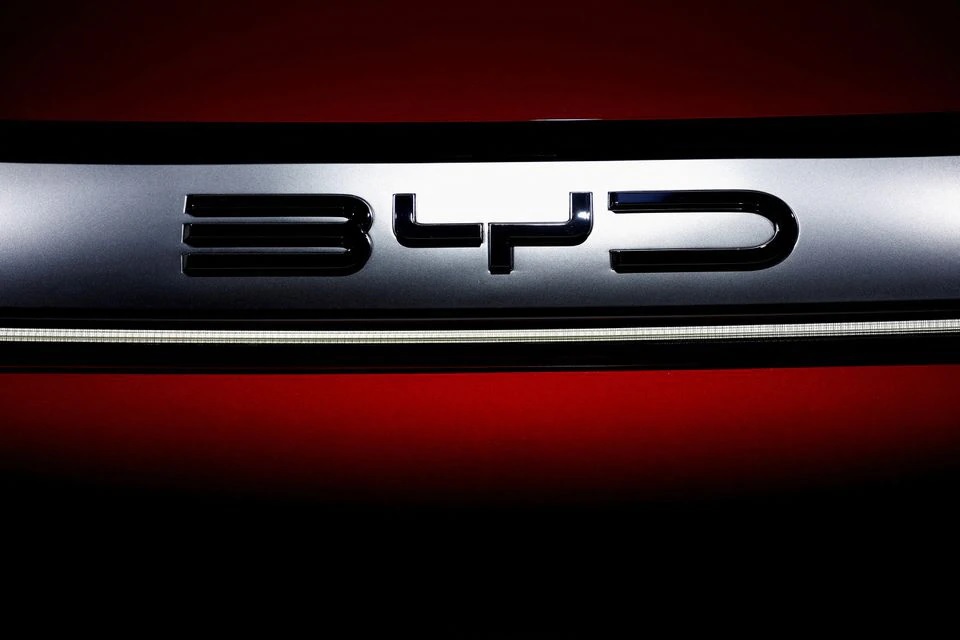SHANGHAI/BEIJING, May 17 (Reuters) – BYD Co Ltd (002594.SZ), may be China’s biggest electric vehicle maker by a country mile but it knows it lags rivals in autonomous driving, and has set up a new division and embarked on a huge hiring spree to rectify that shortcoming.
Between 4,000 and 5,000 software engineers have been hired recently, BYD senior vice president Stella Li told an investor forum this month when quizzed why the automaker was behind in automation and intelligence technologies.
“We are not ahead of others but we will come up with various types of innovation in two to three years,” she said according to a transcript that was confirmed as accurate by the company.
Current BYD recruiting advertisements for engineers specialising in autonomous driving that target top Chinese universities such as Zhejiang University, indicate that the hiring is ongoing.
BYD set up an intelligent driving research division in Shanghai last year, according to three sources with direct knowledge of the matter.
Previously, engineers working on autonomous driving had been scattered across various parts of the company and the new division will bring more focus to BYD’s efforts in high-level automated driving technologies, they said.
The sources were not authorised to speak to media and declined to be identified. The automaker, which is 9.87% owned by Warren Buffett’s Berkshire Hathaway Inc (BRKa.N) and had some 660,000 employees as of April, declined to elaborate on its autonomous driving strategy.
BYD sold some 510,000 pure electric and plug-in hybrid cars in China during the first quarter, accounting for nearly 40% of sales of such vehicles and nearly four times more than Tesla Inc (TSLA.O).
Most of its cars are currently equipped with Advanced Driver Assistance Systems (ADAS) developed by Bosch.
By comparison, rivals like Tesla, Xpeng (9868.HK), Nio (9866.HK) and Li Auto (2015.HK) have developed their own automated driving features that are more advanced and can, for example, allow drivers to cede control of the car when on highways.
BYD has also this year teamed up with autonomous driving chip technology firms Nvidia (NVDA.O) and Horizon Robotics (RBOT.TO), saying it wanted to develop more intelligent vehicles.
Nvidia’s Orin, one of the world’s most powerful autonomous driving computing platforms, will be used in its next-generation Dynasty and Ocean series of cars, the companies said.
Both are high-volume models and further advances in BYD autonomous driving features would popularise the technology within China.
Horizon Robotics’ Journey 5, a lower-cost alternative to Orin, will be used in BYD’s Han sedans in the second half of this year, according to one of the three sources.
That will help equip the model with new features that are on par with Tesla’s Navigate on Autopilot, the source added.
Founded just 28 years ago in southern China, BYD has outdone rivals in electric vehicles by employing a high level of vertical integration, developing and manufacturing batteries and other key components on its own.











